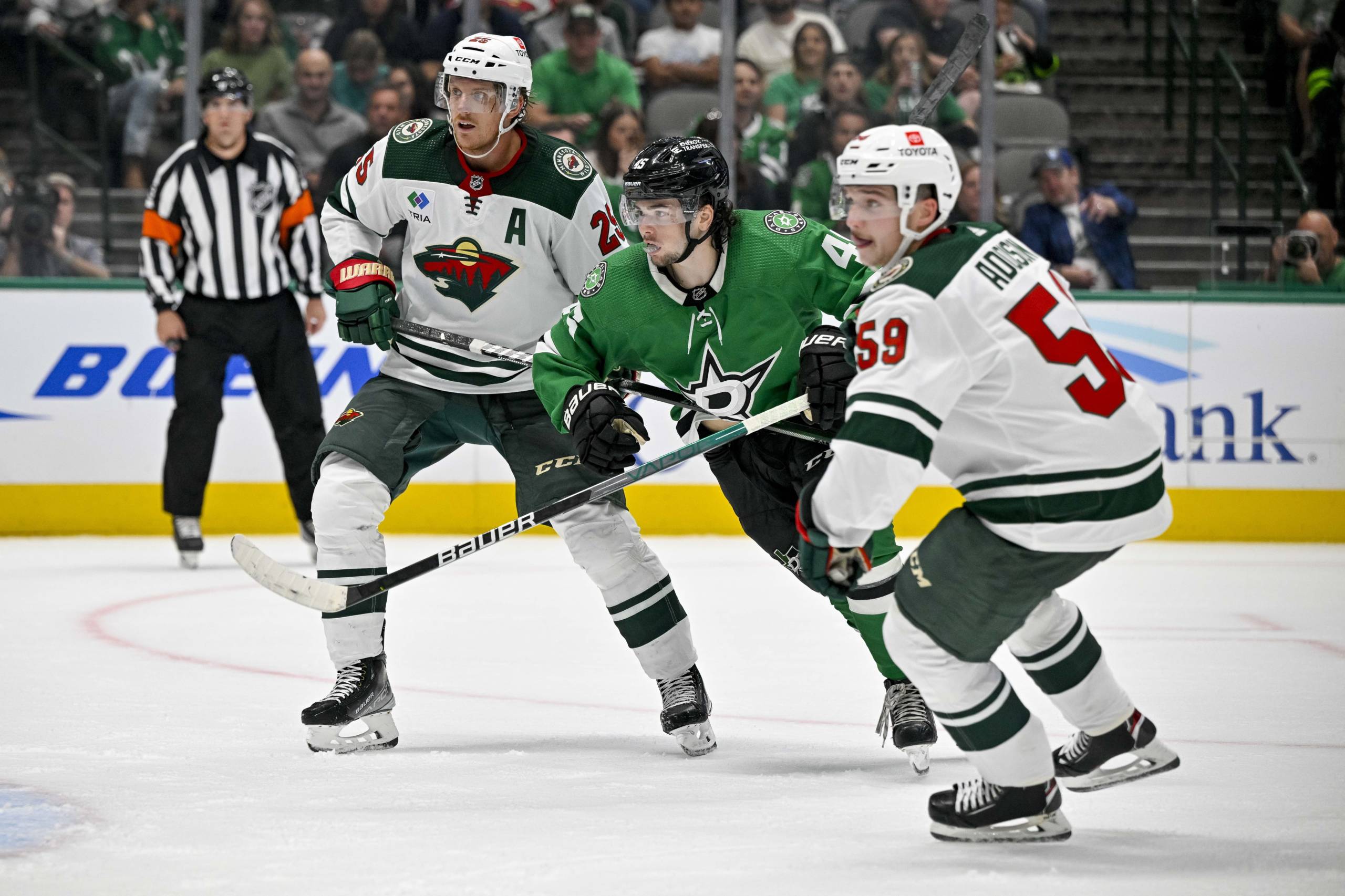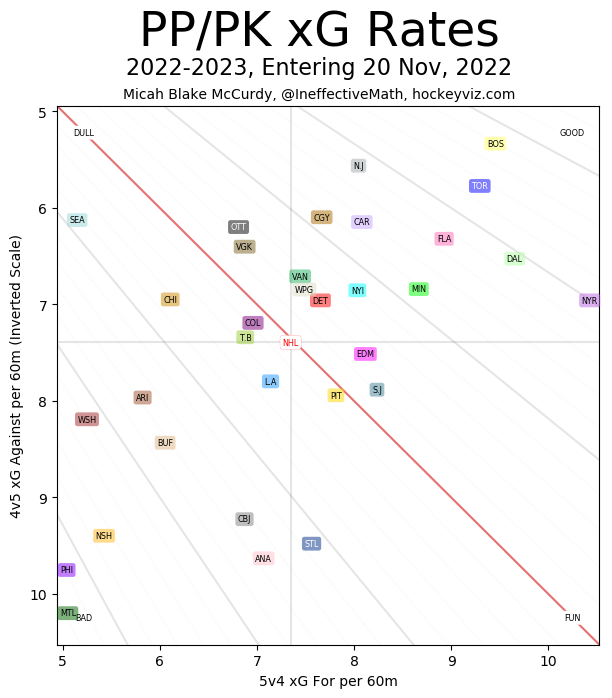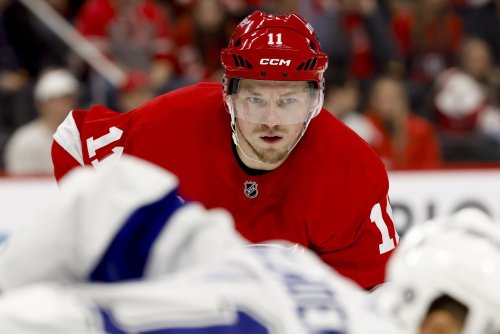
Not much has gone right for the Minnesota Wild this season. The players they depended on to backfill Kevin Fiala’s vacant roster spot haven’t had the success the team has needed. Marc-Andre Fleury looked like he was returning to form right before he got injured. And while Filip Gustavsson has been okay, he's produced some questionable moments. The power play appeared to be fixed after a flurry of early goals before cooling off recently.
However, the penalty kill is one aspect that the Wild set out to improve after it was their Achilles’ Heel last season. So far, after 18 games, the Wild’s 11th-ranked penalty kill looks like it won’t be the liability it was just a year ago. Dean Evason set out to overhaul the PK this season by morphing from a passive system to one that pressures the puck carrier aggressively. The early return? Minnesota has four short-handed goals this season — tied for the league lead in that category. That’s already doubled from last season.
How have they done it? First, and foremost, they’re taking advantage of their speed. Jared Spurgeon, Jonas Brodin, and Calen Addison have small-area foot speed that allows them to pounce on loose pucks in the corner. It doesn’t take long for them to get their stick on a puck and flip it out of the zone. But the speed of the forwards translates this to offense. Mason Shaw and Connor Dewar have shown this the most.
Dewar led the Iowa Wild in short-handed goals before Minnesota called him up last year. Shaw was often the catalyst to make the play to start the offense the other way. That trend has continued in the NHL. Dewar closes the gap on the puck carrier quickly and forces turnovers. Shaw has no issues sacrificing his body to block a shot to ruin a scoring opportunity for the opposition.
The newfound freedom in shorthanded situations has also trickled down to other penalty killers. Brandon Duhaime, Joel Eriksson Ek, and Frederick Gaudreau have also been in on the act. Where last season was about trying (and failing) to contain the opposing power play, those defense-first forwards pressure from the inside out. They first take away the direct shooting lane with their body. Then close the gap with a good stick to cut off the outlet passing lanes for the puck carrier. If the puck is loose, it’s a team effort to get it by any means necessary and clear it.
While the shorthanded goals have been the cherry on top of an all-around improved effort, the PK numbers have also improved. It might not be a true “power kill” in the very essence of the word, but the new aggression on the PK is a welcome sight. Shots Against per hour are down from last year to this year by roughly 1.5 percent. Unblocked shot attempts have dipped year over year by nearly the same margin. All while the Wild’s Goals For% has had a 15-point jump.
[caption id=attachment_138633" align="aligncenter" width="612] Courtesy of HockeyViz.com[/caption]
Courtesy of HockeyViz.com[/caption]
This is happening despite the team’s overall struggles. Goal droughts, sketchy defense, and backup goaltending concerns seem to have little or no effect on the Wild’s penalty-killing improvement. Per HockeyViz.com by Micah Blake McCurdy, the Wild are firmly on the "Good" side of special teams, thanks mainly to the Wild's ability to kill penalties and score in shorthanded situations.
The PK has had to be good too. Minnesota ranks second, behind the Anaheim Ducks, in penalty minutes this season. That's 254 minutes of someone sitting in the penalty box. And they're not like the Nashville Predators, who only want to bully and beat you up to get wins. No, there are all sorts of two-minute minors for stick infractions or bench minors. The PK has had to take the brunt of much self-inflicted damage.
By no means does this mean the Wild have solved their penalty kill issues for good. It’s only been 18 games of the 2022-23 season. Minnesota has a long way to go to prove this concept works and that they can consistently be successful with it. But the early returns are a small win for the team desperately searching for wins. It’s quite the turn-around from something that doomed them against the St. Louis Blues in the playoffs to something of which their not-as-bad-as-it-could-be win-loss record can be attributed.
Stats courtesy of Evolving-Hockey.com, ESPN.com.
Think you could write a story like this? Hockey Wilderness wants you to develop your voice, find an audience, and we'll pay you to do it. Just fill out this form.




.thumb.jpg.a9b35df58693aa7a574a96bc7e6aac74.jpg)


Recommended Comments
There are no comments to display.
Join the conversation
You can post now and register later. If you have an account, sign in now to post with your account.
Note: Your post will require moderator approval before it will be visible.